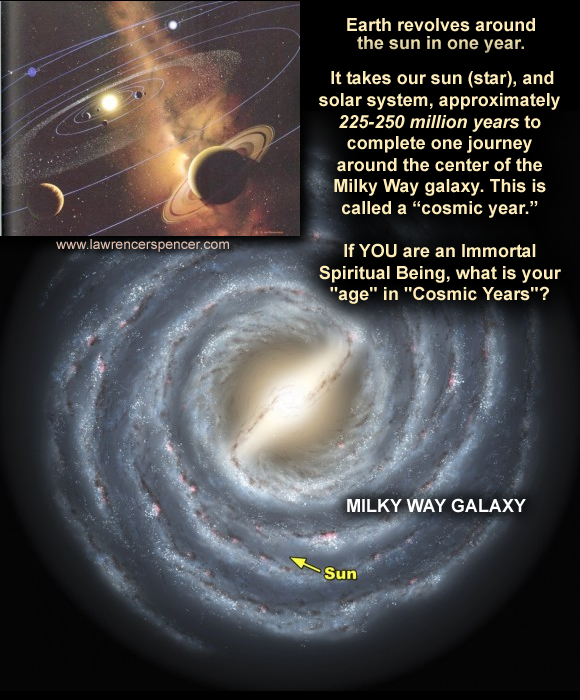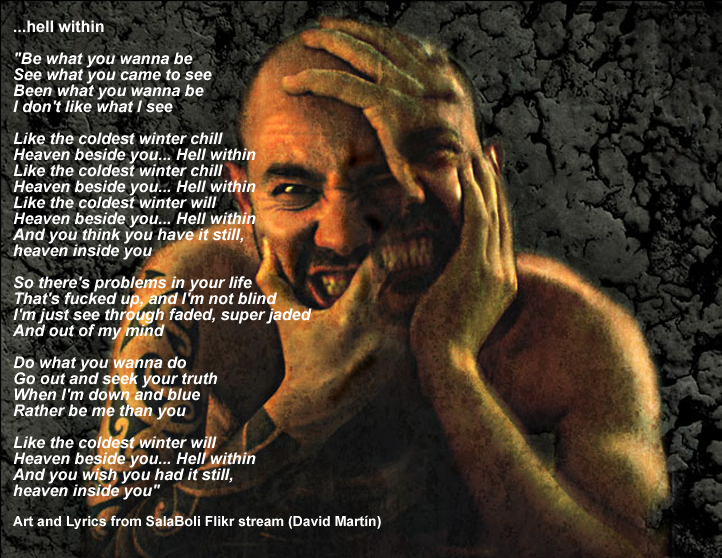Republished by Blog Post Promoter
Time is a measurement of the motion of objects through space.
The planets in our solar system orbit around the sun. One orbit of the Earth takes one year. Meanwhile, our entire solar system orbits the center of the Milky Way galaxy. Our sun and solar system move at about 800 thousand kilometers an hour – that’s about 500 thousand miles an hour – in this huge orbit. So in 90 seconds, for example, we all move some 20,000 kilometers – or 12,500 miles – in orbit around the galaxy’s center.
Our Milky Way galaxy is a big place. Even at this blazing speed, it takes the sun approximately 225-250 million years to complete one journey around the galaxy’s center. This amount of time – the time it takes us to orbit the center of the galaxy – is sometimes called a “cosmic year.”
Revolve means “orbit around another body.” Earth revolves (or orbits) around the sun. The sun revolves around the center of the Milky Way galaxy.
On the other hand, rotate means “to spin on its axis”. The Earth rotates every 24 hours. The sun rotates, but not at a single rate across its surface. The movements of the sunspots indicate that the sun rotates once every 27 days at its equator, but only once in 31 days at its poles.
What about the Milky Way galaxy? Yes, the whole galaxy could be said to rotate, but like the sun it is spinning at different rates as you move outward from its center. At our sun’s distance from the center of the Milky Way, it’s rotating once about every 200 million years – defined by the length of time the sun takes to orbit the center of the galaxy.
If you are an Immortal Spiritual Being, how “old” are you in “Cosmic Years”? (this is a rhetorical question…)




